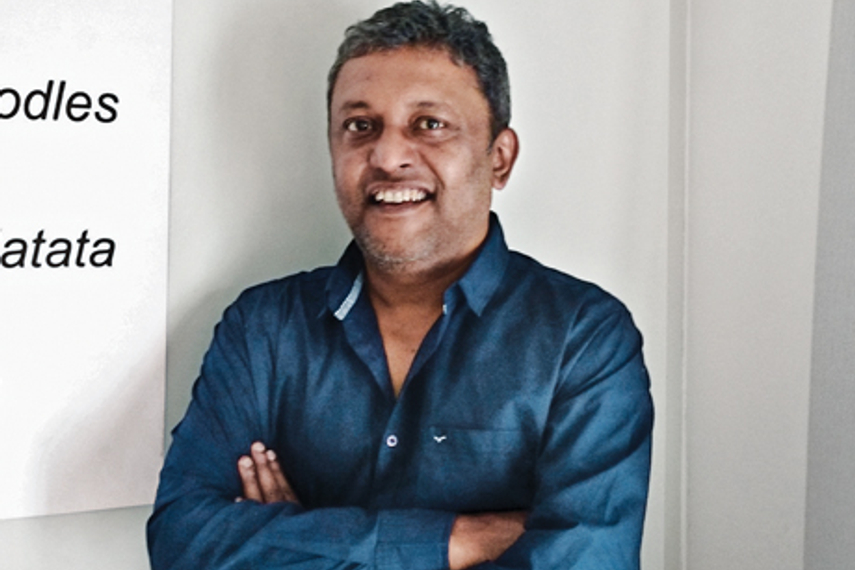
Please sign in or register
Existing users sign in here
Having trouble signing in?
Contact Customer Support at
[email protected]
or call+91 022 69047500
The COO of Hakuhodo Percept, opens up on the transition from his days as NCD

Contact Customer Support at
[email protected]
or call+91 022 69047500
Top news, insights and analysis every weekday
Sign up for Campaign Bulletins
Campaign's first-ever list of achievers aged 50+, a cohort pushing the marcomms industry forward through tenacity, experience, mentorship and entrepreneurial drive.
Studio.One makes its debut with several ex-AKQA staffers.
As the wellness market evolves, so does the need for accountability. Brands that embrace this trend will earn long-term consumer loyalty, says You Care Lifestyle CEO.
In a world chasing report cards, its new campaign, created by FCB Neo, argues that curiosity—and a little rebellion—are the real success metrics.